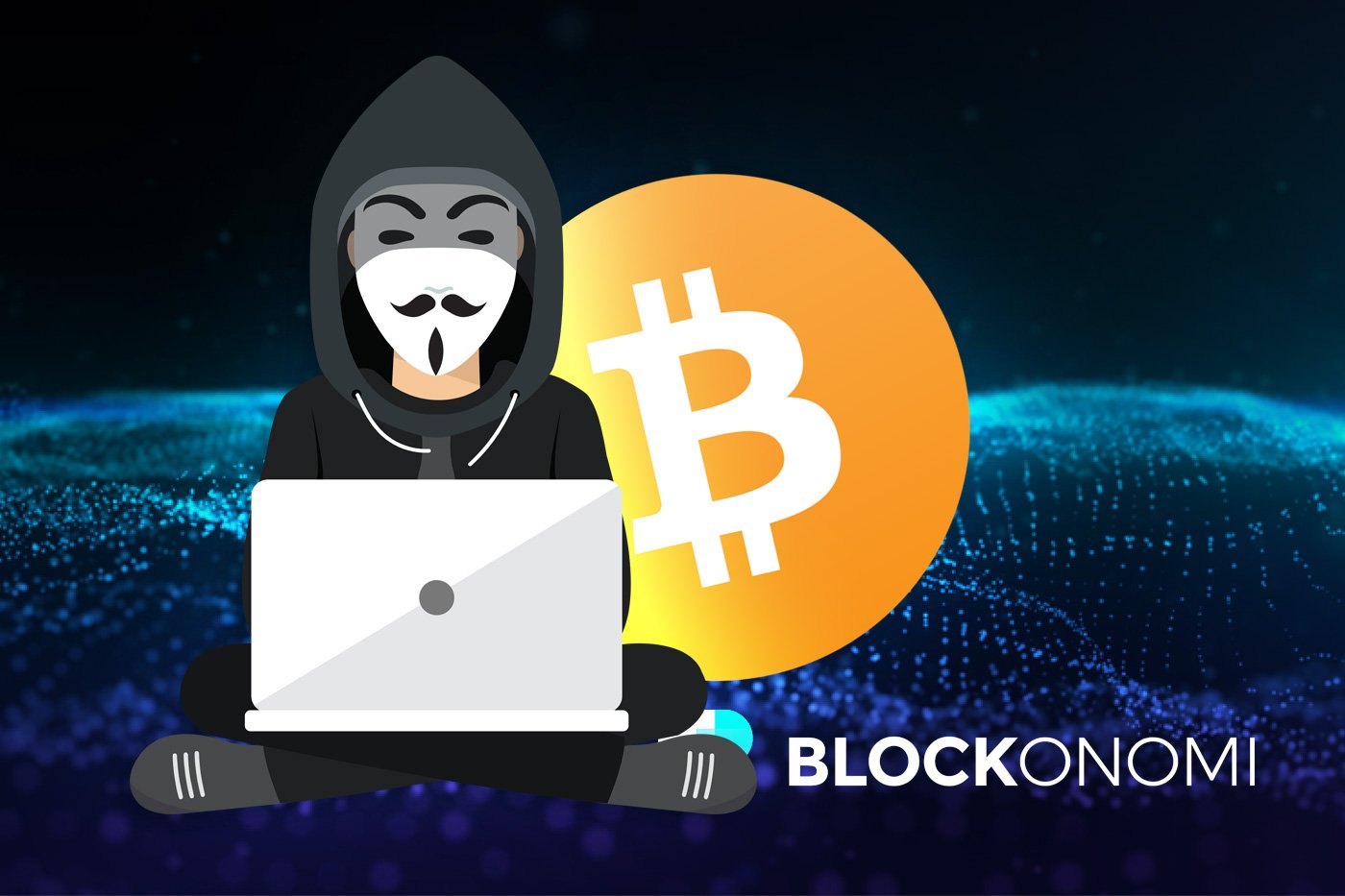Another Bitcoin-based blackmail attempt has been discovered and was reported by ABC7 News in San Francisco last week. The potential victim received a letter in the mail demanding bitcoin in exchange for silence on alleged improprieties. But according to the receiver of the letter, he has nothing to worry about since the threat is obviously fake.

“I know about the secret you are keeping from your wife”
San Francisco resident Daniel Levinson received a letter in the mail claiming to be from a professional hacker calling themselves “BlackDoor-82”. The hacker claimed to have sensitive information that Levinson would not want his wife to know about. The hacker then claimed that this information came about through a job in San Francisco that then went into some deeper digging and eventually revealed what the hacker claims are the potential victim’s “misadventures”.
In exchange for what the BlackDoor-82 calls a “confidentiality fee” of $8150, they claim they will not reveal the information they supposedly have. This fee must be paid in bitcoin. Interestingly enough, ABC7 News reported that the blackmail letter included a 19-step instruction guide for how to buy and send the cryptocurrency.
Potential Victim Says Attempt Was Obviously a Fraud
Speaking to ABC7 News, Levinson said that he knew immediately that the letter was fake. After spending some time thinking, Levinson realized that there was nothing in his life that he would not want his wife to know about. The way the letter was phrased seemed intentionally vague. It does not claim that Levinson did anything specific, such as having an affair, a secret drinking problem, a gambling problem, or anything else. If the threat letter was real, it would likely include very specific details about true events in order to convince the potential victim that the threat was serious.
Levinson’s wife Nora said that she found the letter “disturbing but also funny,” and that she had no concerns or doubts about her husband and his behavior in the past. This event is far from the first time that a would-be blackmailer demand payment through cryptocurrency.
Bitcoin Blackmail on the Rise
Blackmail letters of this type have been appearing for some years now. In 2016, writer Dave Eargle wrote of an event where he received a similar blackmail letter demanding bitcoin payment in exchange for silence. In Eargle’s case, the demand was for $2000 in Bitcoin.
Eargle did his own research and found that the letter he received was very similar to one that was allegedly tied to the Ashley Madison hack. That letter, which was shared by GrahamCluley.com, a computer security news site, was sent out to an unknown number of people at random and also demanded $2000 in Bitcoin. Those blackmail letters went out in mid-to-late 2015, which is when the hack was a hot topic.
What’s also interesting to note is that while many of these blackmail letters were spread via email, this recent set of attacks has been done through the Postal Service on printed letters. This was perhaps done as a way to make the threat appear more realistic or terrifying. While emails can be mass fired off to an infinite number of addresses at random, sending physically printed letters in the mail requires quite a bit more care and attention, as well as cost for the much higher Postal Service fees.
As a result, however, the blackmail letter not only shows more care and attention went into making the threat, but also that the person making the threat allegedly has the potential victim’s home address.
Scams Likely to Get Worse
As cryptocurrencies provide for an easy way to send large sums of money anonymously, these sorts of threats and scams will likely continue into the foreseeable future. This is especially true as more and more people become familiar with cryptocurrencies, and become more likely to have them on hand.
In the early days of the Internet and even to a lesser extent the past few years, email fraud such as the infamous advance fee fraud or 419 scam cost victims millions of dollars. Perhaps cryptocurrency-fueled blackmail or other forms of fraud will be the next wave of attack that individuals will need to protect themselves from. Luckily, all it takes to remain safe is to simply not fall for the lies.
It goes without saying, but if you yourself receive such a blackmail letter, you should report it to the police or other relevant authorities as soon as possible.






1 Comment
Yes I have had 2 of these this year accusing me of being a pervert, used the ,word and that they had accessed my camera and had footage of me pleasuring myself whilst watching illegal porn sites, hmm, obviously didnt pay and despite the threat of sending this to my contacts family and work place nothing was received by them or myself